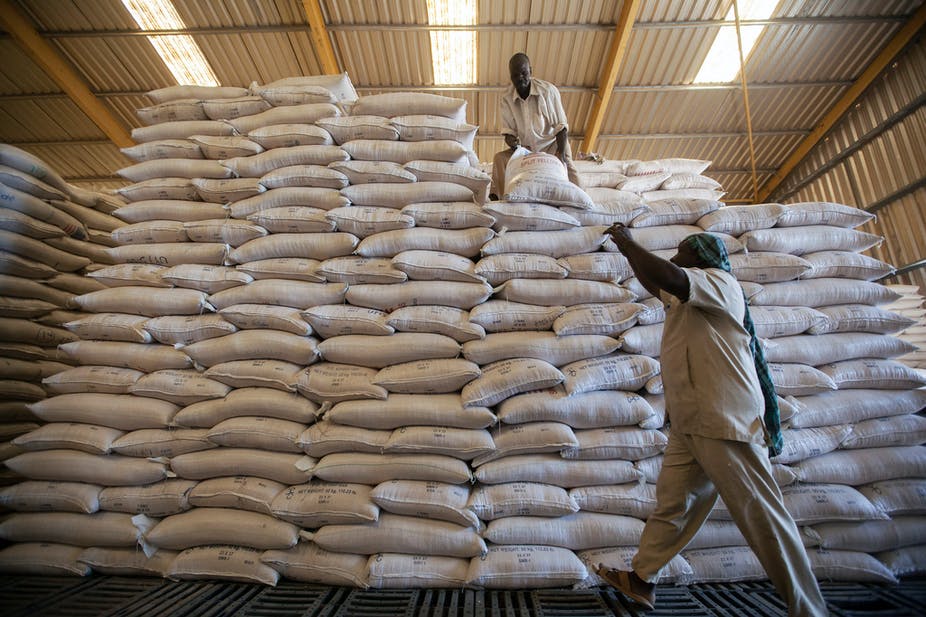The global food import bill is expected to increase by 2.2 per cent from the previous year to over “$2 trillion in 2024”, according to a report by the Food and Agriculture Organization of the United Nations (FAO) released Thursday.
The FAO attributed the increase to higher prices for cocoa, coffee, and tea, accompanied by higher import costs for fruits and vegetables.
Import expenditures on cocoa, coffee, and tea are anticipated to rise by 22.9 percent, accounting for more than half of the overall increase in value terms.
“Cocoa prices reached almost four times their ten-year average earlier this year, while coffee prices nearly doubled, and tea prices rose 15 per cent above their usual long-term levels.
“Coffee export earnings in Burundi and Ethiopia typically cover nearly 40 per cent of their respective food import bills.
“Tea accounts for more than half of Sri Lanka’s bill and Côte d’Ivoire’s cocoa exports more than offset all of the country’s food import costs” FAO said.
FAO economists noted that climate change is a significant factor in the price surge, citing “soaring international prices for these commodities due mostly to weather conditions and logistics issues.”
In contrast, fertiliser markets are expected to experience significant price declines. The report noted sharp declines in prices for nitrogenous and potassium fertilizers, resulting from decreased natural gas prices.
However, phosphate fertilisers have resisted the broader downward trend due to ongoing trade barriers.
As of September 2024, combined prices of nitrogen, phosphate, and potassium fertilizers have plummeted by over 50 per cent compared to their peak in April 2022.
Despite this decrease, trade volumes are declining, and concerns persist about potential escalations in conflict within the Near East disrupting fertilizer supply chains, particularly affecting Latin America and Asia.
FAO Economist Maria Antip stated, “Trade volumes are on the decline, and there are concerns that potential escalations in conflict within the Near East could disrupt fertilizer supply chains.”
The report explores possibilities for increasing production and application of low-carbon ammonia, a fundamental raw material for nitrogen-based fertilizers.
Antip noted, “While it is feasible to utilize renewable energy in production instead of natural gas, significant expansions in capacity will require targeted incentives to help farmers offset the additional costs associated with manufacturing low-carbon fertilizers.”

